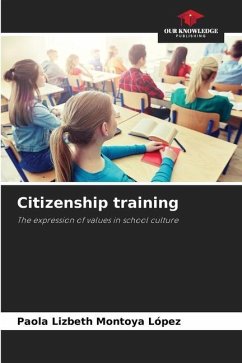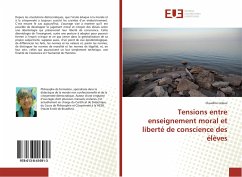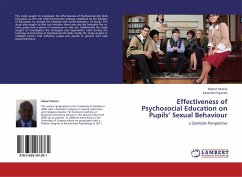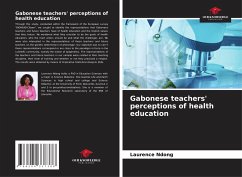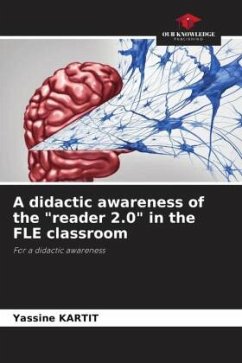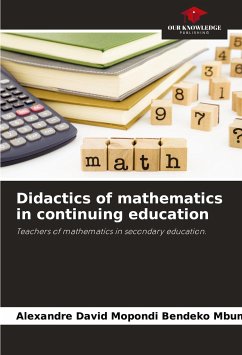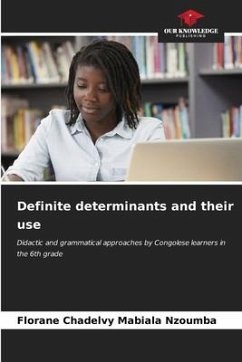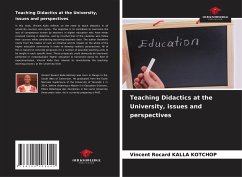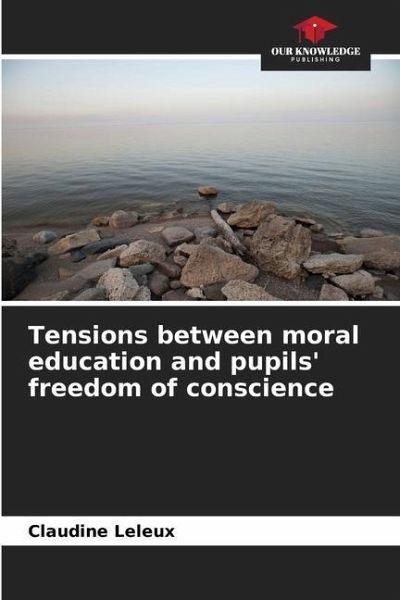
Tensions between moral education and pupils' freedom of conscience
Versandkostenfrei!
Versandfertig in 6-10 Tagen
27,99 €
inkl. MwSt.

PAYBACK Punkte
14 °P sammeln!
Ever since the democratic revolutions, there have been fears of indoctrination when it comes to schools educating students in morality and citizenship. This is still the case today. The aim of this book is to show that it is possible to develop pupils' moral and civic judgement in accordance with a code of ethics that safeguards their freedom of conscience. From an epistemological point of view, this deontology of the teacher, in addition to a posture to adopt in order to train critical thinking and avoid generalising one's own subjectivity, also presupposes differentiating between facts, norm...
Ever since the democratic revolutions, there have been fears of indoctrination when it comes to schools educating students in morality and citizenship. This is still the case today. The aim of this book is to show that it is possible to develop pupils' moral and civic judgement in accordance with a code of ethics that safeguards their freedom of conscience. From an epistemological point of view, this deontology of the teacher, in addition to a posture to adopt in order to train critical thinking and avoid generalising one's own subjectivity, also presupposes differentiating between facts, norms and values and, among the norms, distinguishing between norms of morality and norms of legality, and, within them, those which pursue a merely technical aim, a purpose of existence and the humanity of man.



